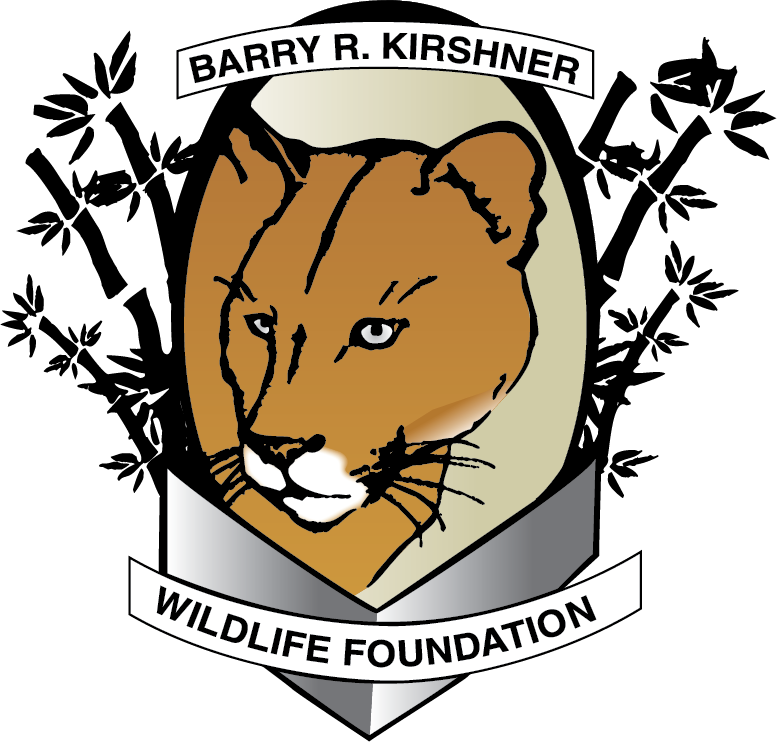"If you care, leave them there"
-Fish and Wildlife
Native Wildlife Rehabilitation Program
The Kirshner Wildlife Sanctuary is often called upon to care for native wildlife species that have become ill, injured, orphaned, or displaced. Through our Native Wildlife Rehabilitation Program we are able to give these animals the medical attention they require, plus any nutritional adjustments that may be needed and appropriate housing for the species. Our goal is to give these animals the best possible chance to recover so that they may be released back to the wild.
Upon arrival, each wild animal is evaluated via a complete physical examination. According to individual needs, appropriate protocols are put in place to care for the animal. Once it has been determined that an animal can be released, the following protocols are put into place in order to ensure that the animal does not become imprinted by human presence:
Animal is isolated away from public areas
Human contact is limited to the minimum required for care and feeding
Animal is not socialized or trained in any manner
We have provided temporary care and have been successful in releasing many native species including:
Blue Herons
Coyotes
Cranes
Crows
Deer
Ducks
Foxes
Hawks
Oppossums
Owls
Pigeons
Quail
Raccoons
Skunks
Squirrels
Tortoises & Turtles
Vultures
It is important to remember that all wildlife native to California are protected by California state law. It is against the law to remove any animal from the wild and care for them in your home.
Some animals whose illnesses or injuries prevent their release become part of the Kirshner Wildlife Sanctuary
where we provide them with the care they need as well as a life-long home.
In addition to ensuring that we provide the best chance for these animals to be released, our rehabilitation program offers the following benefits to the general public and specialists alike by providing an environment where:
Local agencies and conservation groups can receive information contributing to the knowledge database on native species
Wildlife conservation and wildlife training can be taught
Students can receive first-hand experience with native wildlife
Should you wish to help support our Native Wildlife Rehabilitation Program, or have any questions about wildlife, please contact us

